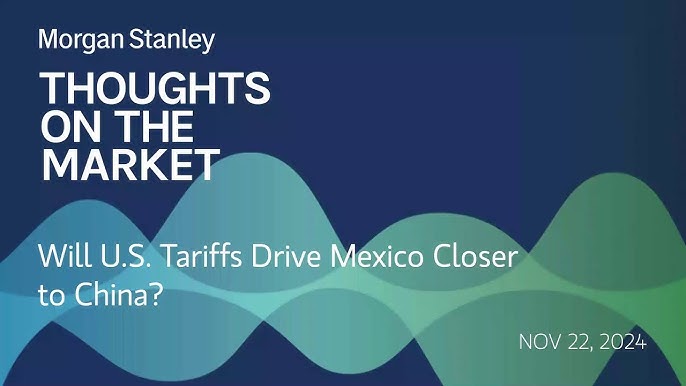In a turn of events that surprised many, even before officially assuming the responsibilities as the 47th President of the United States, Donald Trump is already making moves to curb illegal immigration. The day prior to Thanksgiving, he took to Truth Social, where he shared details of a fruitful discussion with Mexico’s incoming President, Claudia Sheinbaum Pardo. She has reportedly consented to block migration through her country towards the U.S., essentially sealing off the Southern Border.
Beyond migration, there was also talk of a shared approach to addressing the substantial flows of illicit drugs into the U.S., as well as the nation’s consumption of these substances. Based on Trump’s description, the dialogue seemed to demonstrate an important step toward involving Mexico more fully in efforts to control unchecked migration from the south of the border.
But the portrayal of the conversation took an unusual turn. It appeared that President Sheinbaum attempted to retract or rephrase parts of the discussion, at least if reports from the media and Forbes are to be considered accurate. The incoming Mexican president and Trump also apparently explored additional actions to counteract the massive influx of drugs into the United States, an issue he highlighted when pledging a 25% tariff imposition on all Mexican imports earlier in the week.
Following their conversation, Sheinbaum released a statement in which she mentioned having an enlightening talk with Trump. She communicated Mexico’s strategy on migration and assured that no caravans were estimated to reach the U.S. Southern border because they were being addressed in Mexico itself, a claim that mirrors Trump’s early posts.
Sheinbaum reinforced via tweet that she had clarified to Trump her country’s holistic approach for handling migration matters with respect to human rights. This is not far removed from Trump’s version of the dialogue, which gives the impression that Mexico was proactive in its efforts to manage northward migration more effectively.
However, media reports seemed to suggest a different story, as if Sheinbaum was not committing to greater efforts to curb migration than what was already underway. The President-elect stated that caravans would not be reaching the Southern U.S. border because Mexico was making efforts to prevent that. This clearly aligns with Trump’s tactic of threatening tariffs to motivate better cooperation from bordering countries.
The focus is not just on Mexico, but on Canada as well. Both of these countries cannot continually redirect the problem onto the United States, expecting it to continually take in illegal migrants. The expectation from Trump’s side is for Mexico and Canada to play their parts in managing immigration issues.
Tariffs have never been a permanent fixture in Trump’s foreign policy decisions. Instead, they serve more as a negotiation tool. Open and unbiased trade has always been Trump’s preference, emphasizing fairness as the key component. Interestingly, Mexico was already an active collaborator on immigration before the change in U.S. administration which led to a relaxation of border control.
Trump’s strategic planning is quite straightforward when it comes to tariffs. He expresses a necessary willingness to impose them if the requirements are not met. Mexico relies heavily on the United States for a major portion of its exports, making this move highly effective.
Breaking down the Trump strategy, the steps are as follows: firstly, a hefty 25% tariff threat that could severely impact the Mexican economy. The Mexican President then retaliates with threats of her own tariffs. However, considering Mexico’s heavy export dependency on the U.S which constitutes 30% of their economy, versus just 2% dependency of the U.S on Mexico, step three sees a quick concession from the Mexican side.
With his second term, Trump has a more profound understanding of the economic and political dynamics that can push countries into action. He’s got a good handle on how to manipulate the economic leverage points of nations to inspire the desired outcomes. The outcome of these negotiations will be a testament to his evolved strategy.


